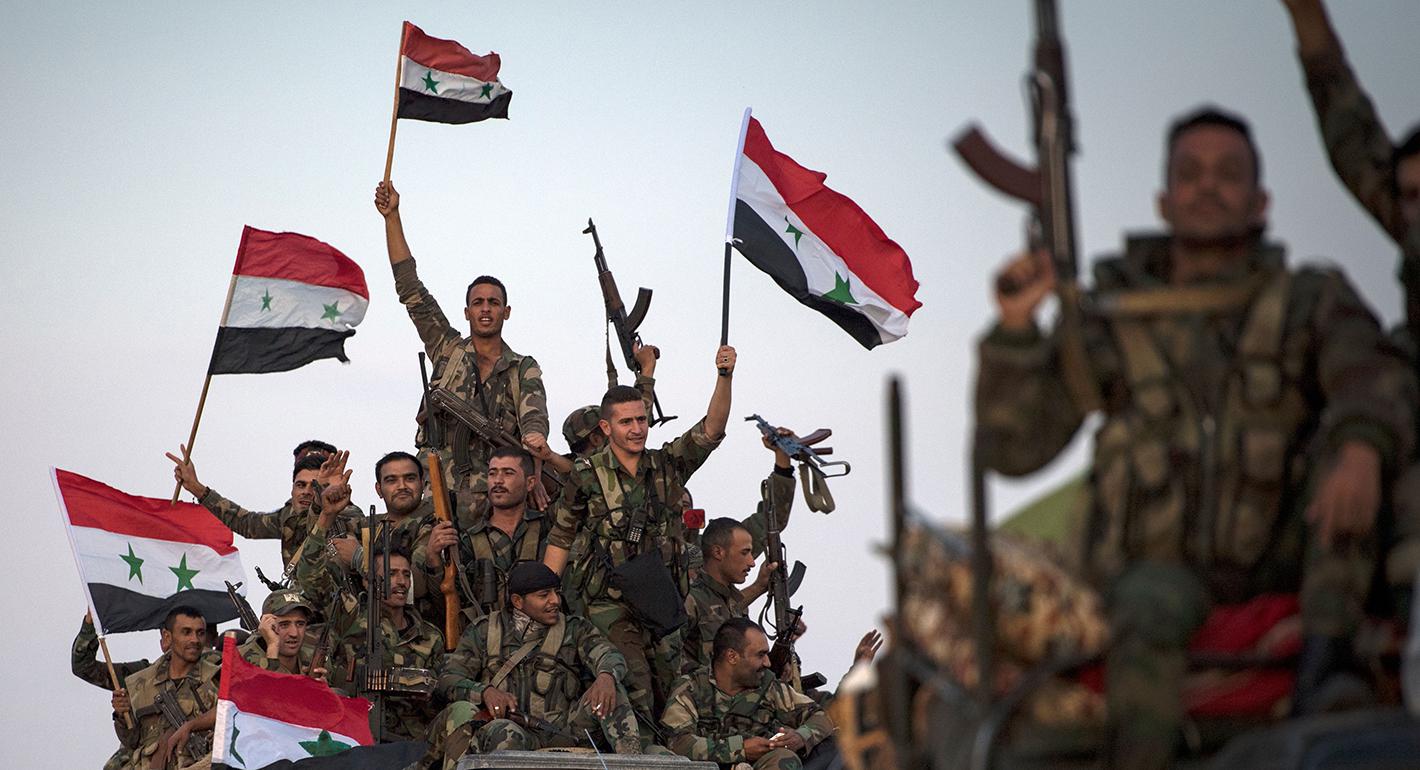1 to 10 of about 91

The February earthquake has accelerated recent trends of diplomatic engagement with Syria. The West should press for policy outcomes to improve the lives of millions of Syrians while ensuring aid flows to devastated areas.

In recent days, Jordan has led the way in Arab countries’ rapprochement with Syria. But Amman’s experience shows that, without regional coordination, bilateral normalization can win only limited concessions.

Some of Russia’s war tactics in Ukraine mirror the strategies Moscow has employed in Syria. The international community should apply the lessons learned then to limit devastation and casualties now.

Damascus and Amman began repairing relations last year. But after a decade of war, Syria will be a very different partner than it has been in the past.

The U.S. administration should adopt more cohesive policies in the region, otherwise U.S. actions may not bring greater stability, but the contrary.

Idlib is heavily dependent on the delivery of aid, the disruption of which would almost surely create a humanitarian crisis.

As border crossings reopen, Jordanian authorities might have to tolerate a degree of informal petty trade with Syria to revive Ramtha's economy and prevent social unrest.

As conflicts in Syria, Yemen, Libya, and Iraq move toward de-escalation, postwar reconstruction will be complicated. Each country has a unique postwar outlook, but in all four countries, political reconstruction is a key foundation for long-term economic stability.

Russian-led military reform in Syria can deal with the twin challenges of weak sovereignty and Iranian influence by committing to developing Syrian military education, training a highly mobile force, and monitoring the political reconciliation process over the long term.

Even though the Syrian civil war is far from over, Russian advisers can use their experience modernizing Syrian forces from 2015 to prepare for an effective postwar force structure.